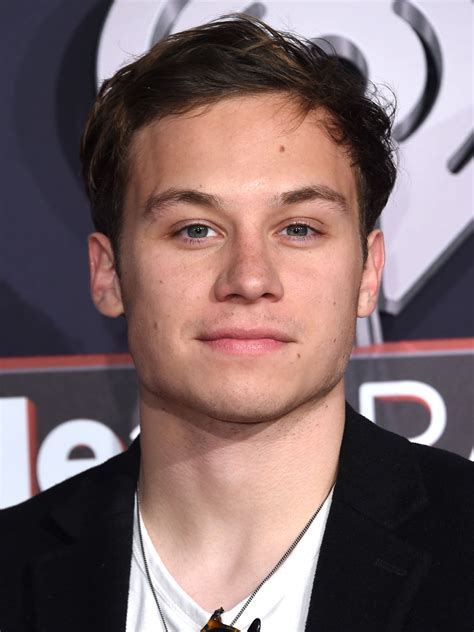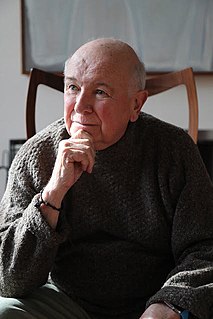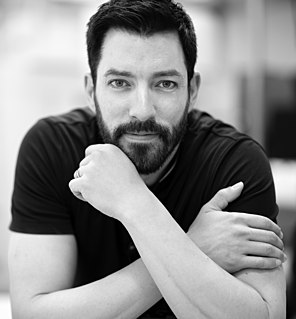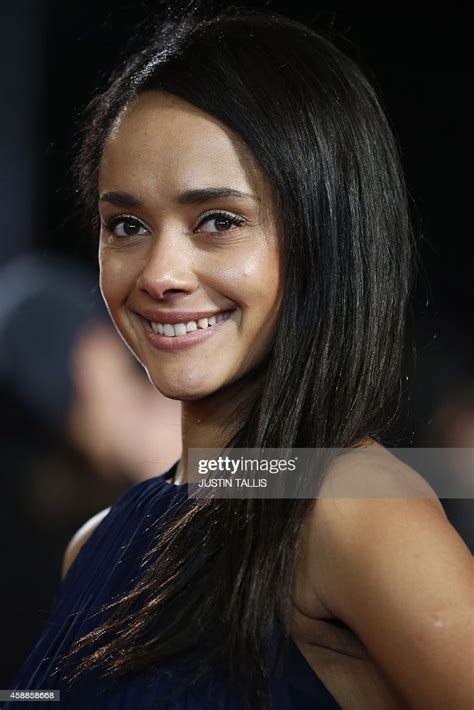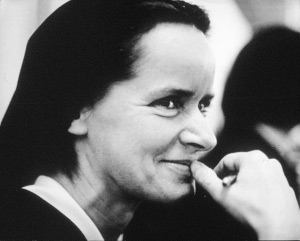A Quote by Finn Cole
I think what makes a good actor is someone who turns up on time, does the work, and treats everyone within that creative process with ultimate respect.
Related Quotes
Work with good directors. Without them your play is doomed. At the time of my first play, I thought a good director was someone who liked my play. I was rudely awakened from that fantasy when he directed it as if he loathed it. . . . Work with good actors. A good actor hears the way you (and no one else) write. A good actor makes rewrites easy. A good actor tells you things about your play you didn't know.
Everyone wants a definition of creativity that makes what they do into something special and what everyone else does into nothing special. But the fact is, we're all creative. We come up with weird and interesting ideas all the time. The biggest difference between 'creators' isn't their imagination - it's how hard they work. Ideas are easy. Doing stuff is hard.
The model we established was to give creative people complete creative freedom in exchange for betting on themselves, so they work for the minimums you're allowed to work for, and if the movies work in a big way, everyone does very well. If the movies don't, nobody loses too much money. The benefit to doing all the movies low budget is we can tell different types of stories and take creative risks. The Purge would have been irresponsible to do for $20M, but to do it for $3M makes sense.
You can't really judge an actor's abilities by their career, because the business is going to pigeonhole people into whatever turns a profit, and no artist is less in charge of how their work is presented than an actor, the appeal of Vince was that within a great naturalism, he can convey fierce intelligence, complex emotion, and a real warmth married to a real edge, strength and vulnerability and danger and humor. There are essential contradictions at work that makes him fascinating to watch.
Well, it's not all the same, but there are a lot of parallels. I'm not sure how to answer [on psychology background], but I think when I was studying psychology I had a professor and a friend who would talk about "process" all the time. Your process, his process, the group's process. There's some carryover from that discussion to my creative work.
We are all creative, but by the time we are three of four years old, someone has knocked the creativity out of us. Some people shut up the kids who start to tell stories. Kids dance in their cribs, but someone will insist they sit still. By the time the creative people are ten or twelve, they want to be like everyone else.
I have much respect for the people that I work with, and it's reciprocal. My shoots are always very calm. Everyone has their work to do, and we try to respect everyone's work and give them the time necessary. There's never any tension. That's something that helps to attain the simplicity that I'm looking for.
When you are not separate from the creative process, time ceases to exist. You might start to feel tired and suddenly realize that much time has passed. It isn't necessarily a happy time - and may be very difficult to start if it is a job or an obligation. But if' you start with all the concrete needs and proceed in a thorough way - the creative process will take over and you will forget whether it is work or play. Working in the here and now is one of the most uncontaminated ways to work.
